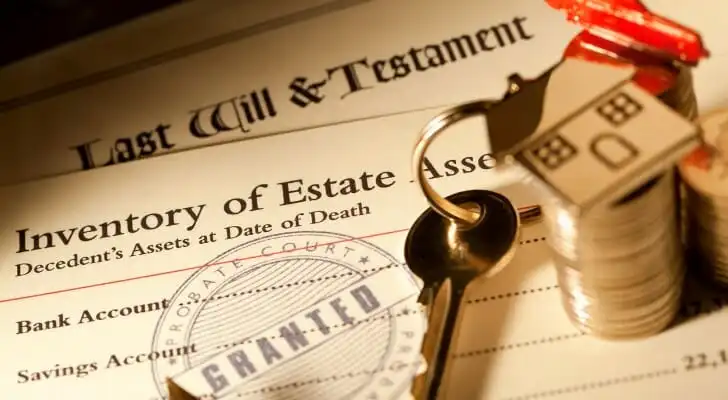Understanding Property Appraisal in Probate Cases
Property appraisal is a critical component of the probate process, especially in Texas, where the legal landscape can be complex. Executors and heirs must understand the value of the estate's assets to ensure fair distribution and compliance with state laws.
In probate, property appraisal helps determine the market value of real estate and other assets, which is essential for settling debts, taxes, and distributing inheritances. Professional appraisers are often employed to provide accurate valuations, which can significantly affect the probate timeline and the financial outcomes for beneficiaries.
Common Challenges in Property Appraisal During Probate
Property appraisal during probate can present various challenges, including disputes among heirs, fluctuating market conditions, and the need for specialized appraisal methods for unique properties. These factors can complicate the process and lead to delays.
For instance, if heirs disagree on the appraised value of a property, it may lead to legal disputes requiring mediation or court intervention. Additionally, properties with unique features or in poor condition may require more detailed appraisals, further complicating the process and potentially increasing costs.
The Role of an Appraiser in the Texas Probate Process
An appraiser plays a vital role in the Texas probate process by providing an objective valuation of the estate's assets. This valuation is crucial for ensuring that the estate is administered fairly and in accordance with legal requirements.
Appraisers in Texas must adhere to state regulations and standards, which include providing detailed reports that outline the methodology used to determine value. Their expertise not only aids in the equitable distribution of assets but also helps in addressing any potential legal challenges that may arise during probate.
Tips for Choosing the Right Appraiser for Probate
Selecting the right appraiser is essential for a smooth probate process. Heirs and executors should consider factors such as the appraiser's experience, credentials, and familiarity with the local real estate market to ensure an accurate valuation.
It's beneficial to seek appraisers who specialize in probate cases and have a strong understanding of Texas laws. Additionally, checking references and reviewing past appraisal reports can help ensure that the appraiser selected will provide a thorough and trustworthy valuation for the estate.


